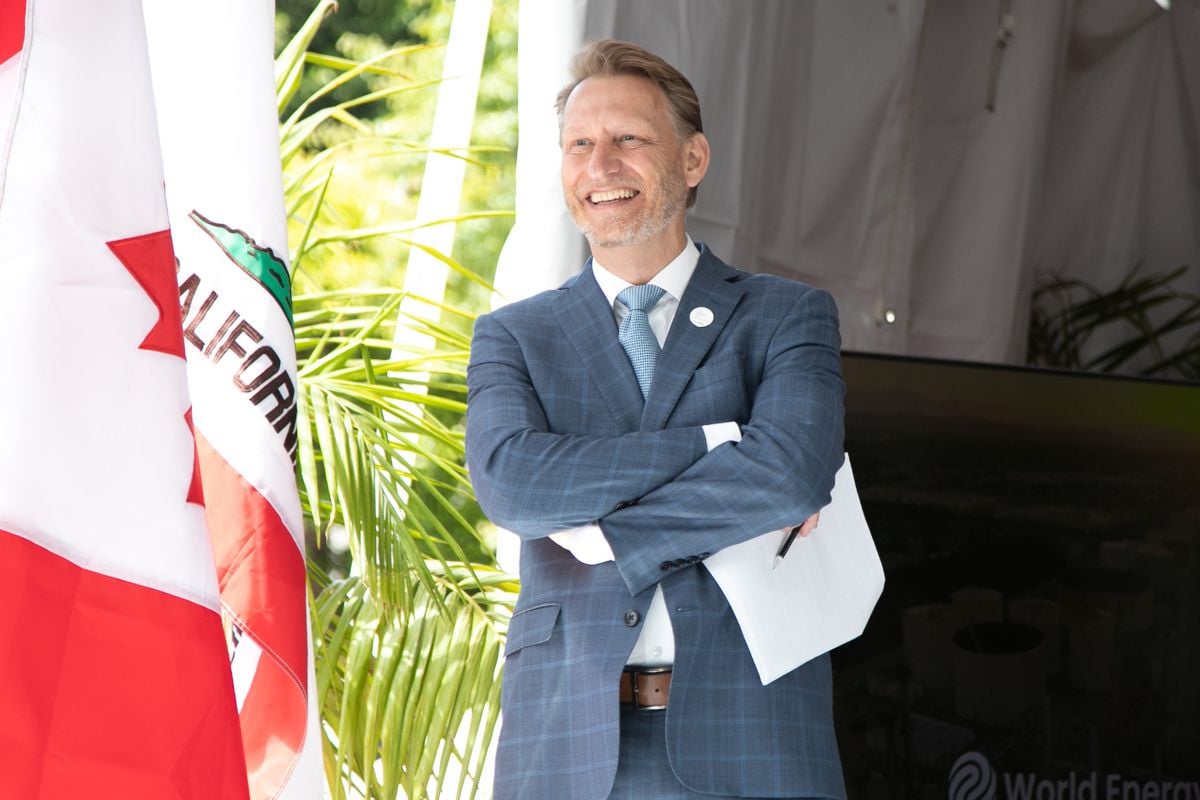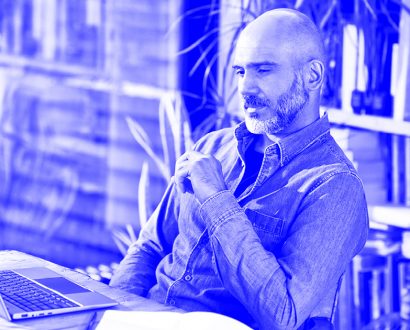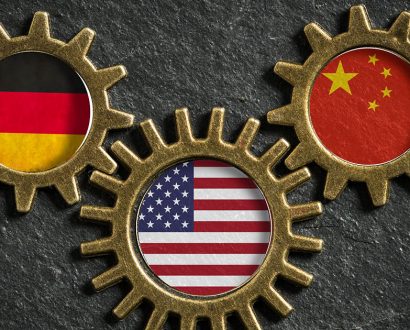Arriving at the World Economic Forum’s Annual Meeting in Davos recently, biofuels pioneer Gene Gebolys was struck by the sheer volume of fossil fuel needed to get the nearly 100,000 delegates there and back to discuss pressing global issues, including climate change.
Although he has devoted his career to sustainability, he saw that the answer was not to end gatherings like this.
“We have to have these kinds of meetings,” Gebolys says. “We have to congregate. We’re certainly not going to solve climate change over Zoom.”
His Boston-based company, World Energy, founded on Earth Day in 1998, is determined to provide an answer by making it possible to hold meetings like this in a climate-friendly way.
In 2018, World Energy purchased a former oil refinery in Los Angeles that was being converted to run entirely on renewable inputs, such as cooking and vegetable oils. The company is now working on producing sustainable aviation fuel, jumping on the opportunity to be a first mover in what could be a large growth sector.
“This is jet fuel produced from products that include no fossil-based inputs at all, or much cleaner, and they are much lower in carbon intensity,” he says.
Decarbonizing Air Travel
Producing this fuel at scale could pave the way to growth that drives change around the planet, he believes. The 350-person company’s ultimate goal is to decarbonize air travel by not only making the fuel but by selling decarbonization credits, known as insets, to companies that want to decarbonize travel.
It is investing US$4 billion in the necessary technologies to support its goal, with the mission of supplying 3.78 billion liters of sustainable aviation fuel annually by 2030.
“The reason we would produce sustainable aviation fuel is not just for the fuel itself, but because the carbon impacts of this fuel are so much lower that it enables us to and to really deliver sustainability as a service,” he says.
“Whether it’s COP28, Davos or any of these big meetings where the world is congregating for the social benefit of the planet, our insets will mean all of the delegates can fly there and back home in a decarbonized way.”
Gebolys got interested in climate as a child, during the energy crisis of the 1970s, when he saw residents of his hometown queuing up in long lines at the gas pumps.
He did his seventh grade science fair project on what was then called gasohol, now known as ethanol, and whether electric vehicles would have a future. “I’ve been interested in how energy impacts society for a long time,” Gebolys reflects.
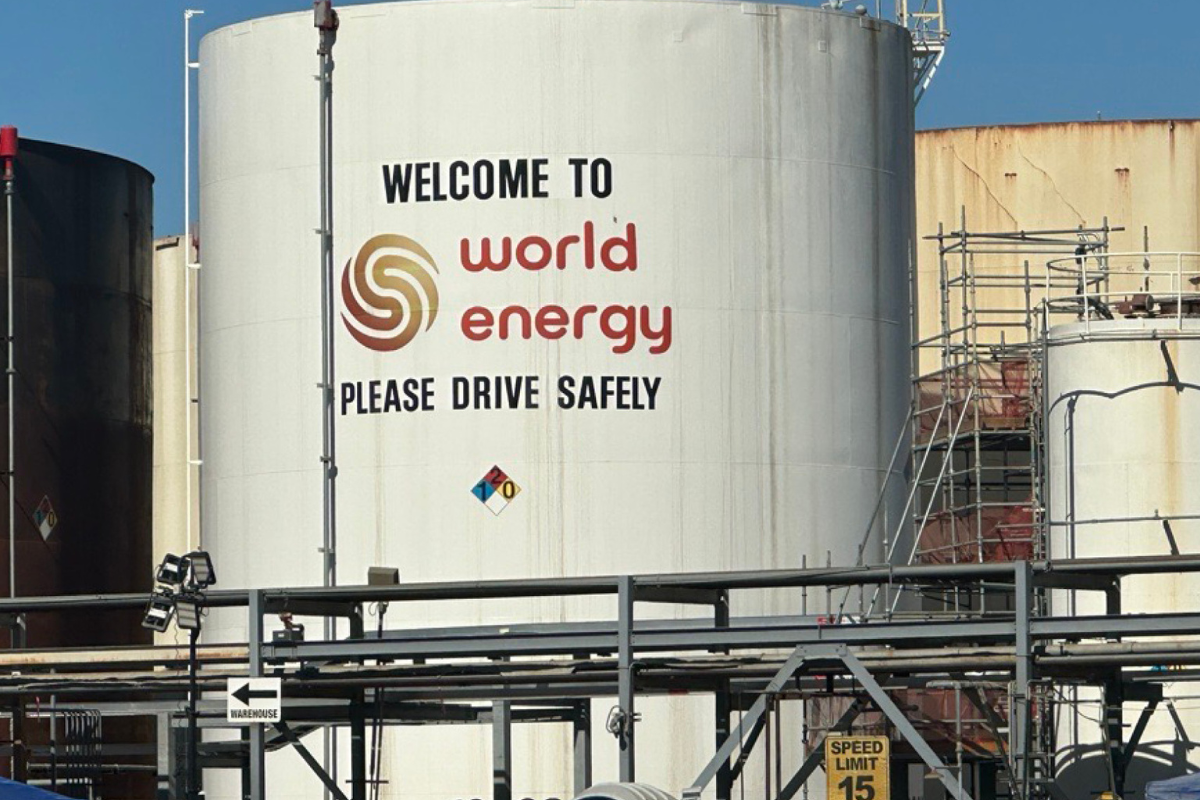
“I’ve been interested in how energy impacts society for a long time.”
That interest continued into the 1990s, when he noticed during the first Gulf War how reliance on fossil fuels impacted the world’s geopolitical dynamics. As an energy official for the State of Massachusetts during the 1990s, he met an entrepreneur who started the first biodiesel business in the United States.
He joined that business in 1996 and on Earth Day, 1998, he spun out what became World Energy, a low-carbon-solution pioneer involved in advanced biofuels. “I based it on a model that I picked up from Sam Adams beer,” he recalls.
At the time, a close friend worked for Boston Beer Company, which made Sam Adams. When they drove back and forth between Boston and Vermont to Gebolys’ ski house, he learned from his friend how the beer company operated.
“They did contract manufacturing, and didn’t brew any of their own beer,” Gebolys says. “They went to existing brewers and had those brewers produce a high-quality product that they really focused on delivering to the customer. My sense was there was an opportunity to do something similar in clean energy.”
A New Model for Alternative Fuels
Instead of relying on building large manufacturing plants that would be required to produce clean fuels at scale, Gebolys decided to contract with others who had those capabilities and instead focus on building a market for the fuels.
After working with agricultural interests to pursue modifications to the Energy Policy Act of 1992, they were able to clear a path to create the beginnings of a market in the United States.
“I pulled together a small team of salespeople, maxed out my credit cards and started to put in place the first capability to do the contract manufacturing and deliver the product to the customer,” he recalls.
“We went and saw every potential customer in the country many times over and built a business that was very distribution and market-focused, and have really remained a company that’s been market and distribution-focused ever since.”
World Energy eventually did see the need to own some of its own facilities, and purchased its first manufacturing plant in Lakeland, Florida in 2003.
In addition to the plant in Los Angeles, the company has added a fleet of production facilities in Georgia, Mississippi, Pennsylvania, Texas and Ontario, but it still relies heavily on outside manufacturers.
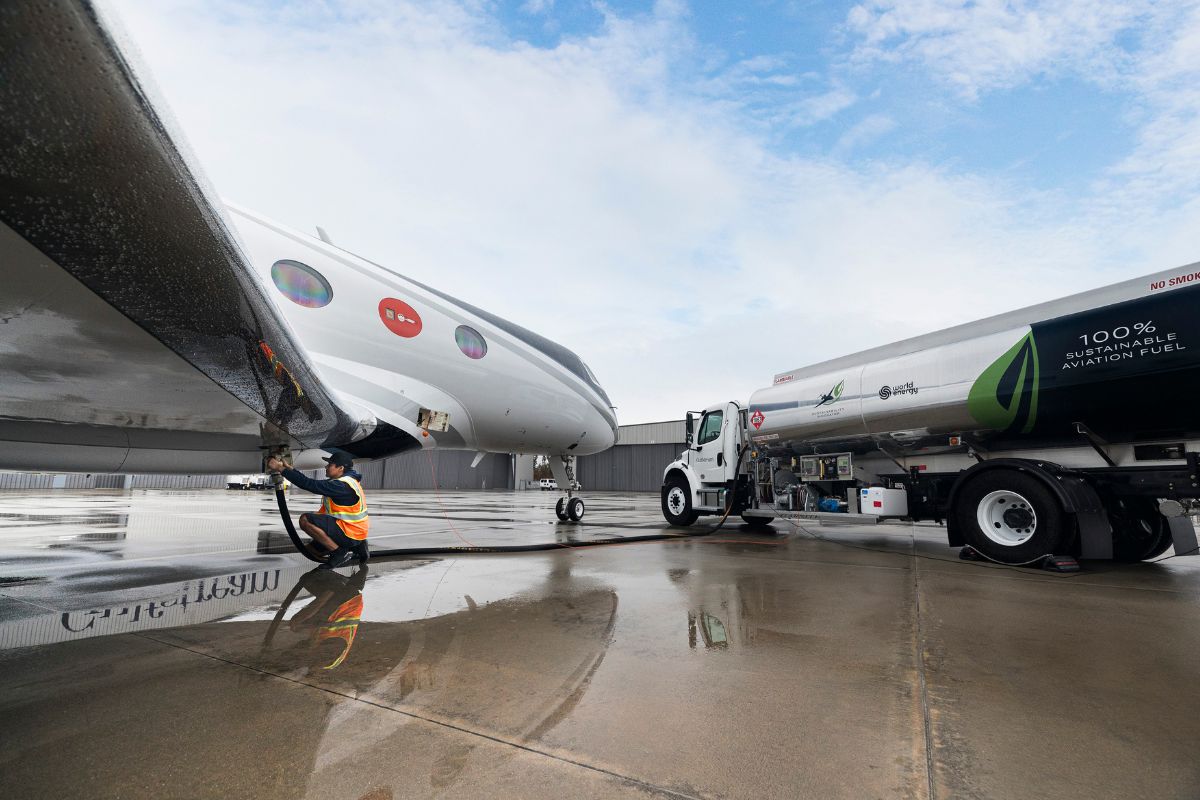
“Even today, as we own manufacturing facilities and throughout the United States and Canada, we still are primarily market-focused on those things, even when we produce our own products.”
Early fears that the producers would become competitors proved to be unfounded. Much of the company’s manufacturing has historically taken place in oleochemical manufacturing plants.
“Oleochemicals are just chemicals that come from organic materials,” Gebolys says. “They are used to make soap, detergents and cosmetics and a lot of things that come from natural inputs, rather than fossil-based inputs – they are effectively chemical plants.”
That meant many of the companies he was contracting with were not really in the fuel business but instead areas like consumer-packaged goods.
“Procter & Gamble was one of our big first producers,” he explains. “They had manufacturing capacity that would enable them to produce to our specifications, but they didn’t really have a desire to get into our space.
“So, over time, by really focusing on the customer and delivering in a way that was unique to their respective needs, we were able to create value beyond just the product.
“Even today, as we own manufacturing facilities and throughout the United States and Canada, we still are primarily market-focused on those things, even when we produce our own products.”
Scaling Up
This approach allowed Gebolys to scale the company efficiently. “We were a small business,” he recalls.
As the company grew, he asked himself questions like, “What are we going to focus on? What are we going to outsource? Where can we add unique value?”
“We have always seen our unique value as being able to get into emerging spaces before they’re obvious and really focus on, create and aggregate demand and then work backwards through the supply chain.”
Over time, the answers emerged. “We have always seen our unique value as being able to get into emerging spaces before they’re obvious and really focus on, create and aggregate demand and then work backwards through the supply chain,” he says.
Gebolys joined the Young Presidents’ Organization 17 years ago. He has found it has been a critical source of support, allowing him to sound out his ideas as he scaled up.
“It’s such an important vehicle for sharing our understanding and being understood,” he says. “It’s been a godsend for me.”

